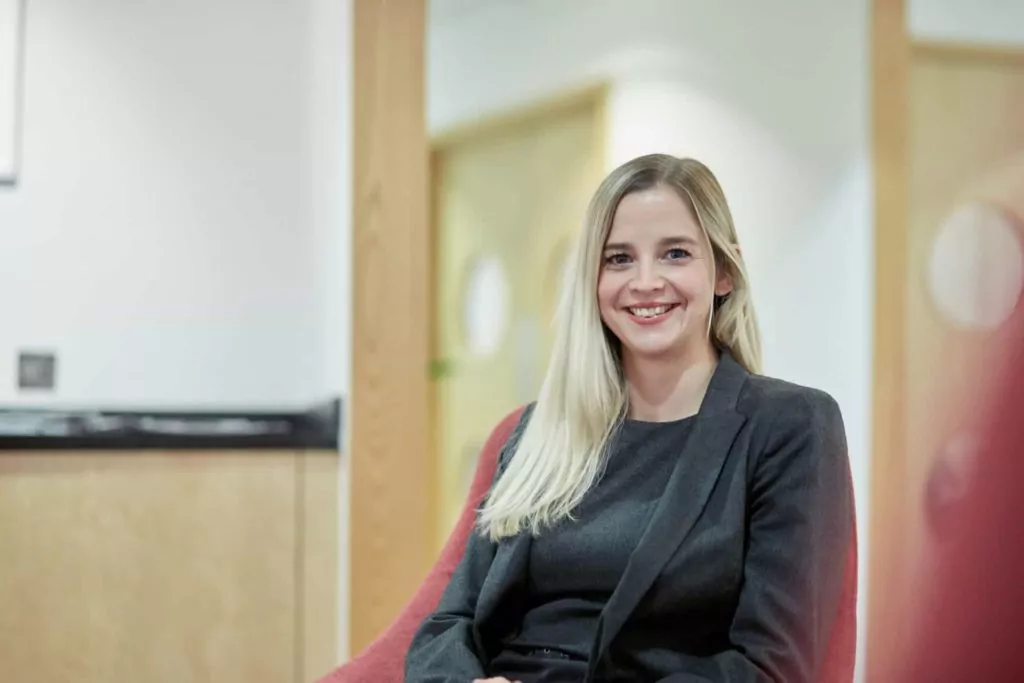
More clarity on the registration of trade marks for NFTs, the metaverse and virtual goods


Following the guidance of the EU Intellectual Property Office, the UK Intellectual Property Office has issued its own guidance on trade mark applications relating to the metaverse, virtual goods and non-fungible tokens ("NFTs").
There have already been many trade marks filed for these goods and services. We would encourage brand owners to review the guidance and consider if any further applications should be filed.

NFTs
The Cambridge Dictionary defines an NFT as:
“a unique unit of data (the only one existing of its type) that links to a particular piece of digital art, music, video etc. and that can be bought and sold.”
In relation to NFTs, the UKIPO has confirmed the following:
- NFTs will not be accepted as a classification term alone in class 9 without an indication of the asset to which the NFT relates e.g. digital art authenticated by NFTs or downloadable digital files authenticated by NFTs
- It is feasible that NFTs can be used to authenticate physical goods. Therefore, physical goods clearly defined as being authenticated by NFTs will also be accepted in the appropriate goods class
- NFTs can be retailed and/or provided via online marketplaces in the same way as other goods and services. The UKIPO will accept the following terminology in class 35: “retail services connected with the sale of [insert goods] authenticated by non-fungible tokens” or “provision of online marketplaces for buyers and sellers of goods and services which are authenticated by non-fungible tokens.”
- Other uses of NFTs will be considered on a case-by-case basis
Virtual goods
Virtual goods are classified in class 9 rather than the class used for their physical counterpart. Virtual goods will only be accepted as a term if they are clearly defined e.g. downloadable virtual clothing.
Virtual services, including the metaverse
If a service can be delivered virtually, the UKIPO will continue to accept such services delivered virtually or in the metaverse in the same class as more traditional forms of delivery e.g. education and training services delivered by virtual means in class 41 or interactive virtual auctions in class 35.
The exception to this is when the manifestation of a service in the metaverse may not fall in the same class as the traditional form of delivery. For example, it is possible to order food and drinks inside the metaverse for delivery or consumption in the physical world and this would still fall into class 43. However, a metaverse avatar "consuming" food and drink within the metaverse would not constitute a class 43 service. These type of services would be covered by a more general category of services since what is actually being provided is the access to a virtual world or metaverse for the purpose of entertainment.
The guidance from the UKIPO is welcomed in order to provide more clarity when drafting trade mark applications. The guidance suggests that there are an increasing number of applications covering these goods and services. No doubt, further issues will arise during prosecution and it will be necessary to make amendments to specifications or to transfer the goods and services into other classes.
Charlene Nelson, Senior Associate (Chartered Trade Mark Attorney) at Foot Anstey



























